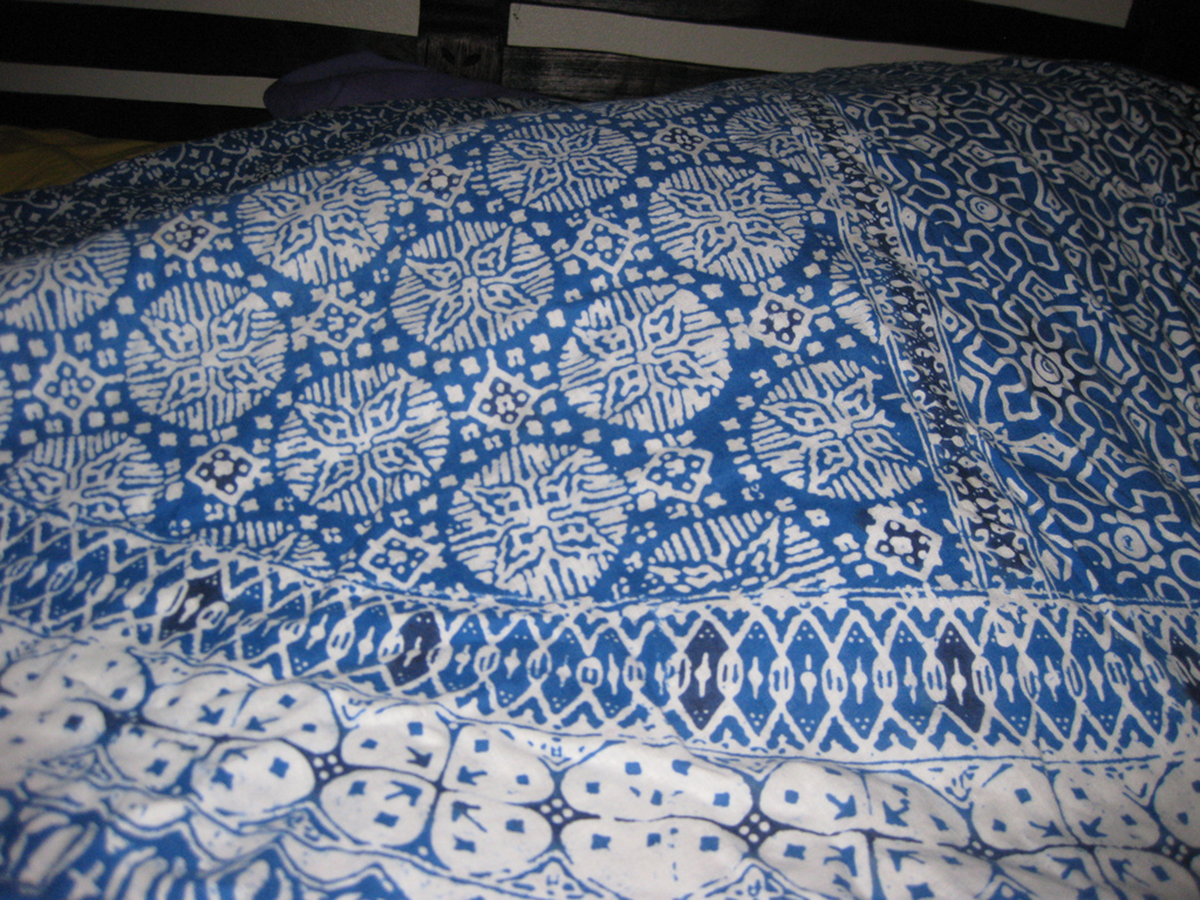Table of Contents
Suzanne's mom Danielle, my friend, was one strong lady. Earlier in life, she had survived and managed to escape an abusive marriage. Later on, her life's mission became to care for her new husband, who was disabled. When she was in her 90s, she felt that she had lived long enough and nothing else could be added.

Danielle had progressive macular degeneration that left her unable to see much at all despite treatment. She also had heart problems, and she used to faint so frequently that carrying out everyday tasks like shopping and paying bills became difficult. She gradually became unable to look after her husband, and felt she had contributed all she could to the world.
Then, she had a really bad spell in which her mobility declined and she could not get out of bed any more. Because her husband could not take care of her, she and her healthcare team decided to go the hospice route. Her family doctor was willing to participate in aiding her with her suicide wish but because you need a second opinion, it did not go ahead. Several appointments were set up, but the doctors decided she did not qualify.
Consultants at the hospice advised her about the possibilities. She decided to go with "terminal dehydration", which means hardly any water and little to no food. The volunteers at the hospice were wonderful to her. They waited on her hand and foot, sat with her, and made coffee and tea for her visitors. Danielle had her sons and other relatives with her over the duration of the terminal dehydration period, which lasted about 25 days.
She got weaker and weaker, but was very happy the whole time. Danielle was ecstatic that she could finally peacefully leave this world. Her mouth was kept wet with little sips of water or by sucking on a fruit, so she would be comfortable. During the process, she was able to say goodbye to everyone, give everyone a personal keepsake, and divide her possessions up.
See Also: What To Expect From A Long Hospital Stay And Recovery
There was some uncertainty about whether they wanted her body or not. When they decided they did, Danielle was very happy that she could donate her body to science, so she could still be useful in some way. In her final goodbye, her body was driven past her house in a hearse. At her request, she was wrapped in her favorite batik cloth.
- Photo courtesy of zilverbat. via Flickr: www.flickr.com/photos/25228175@N08/4792954365
- Photo courtesy of SampleSizeOfOne via Flickr: www.flickr.com/photos/samplesizeofone/5177835529
- Photo courtesy of RubyGoes via Flickr: www.flickr.com/photos/rubygoes/4345204525


Your thoughts on this